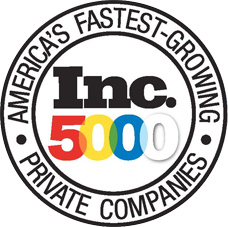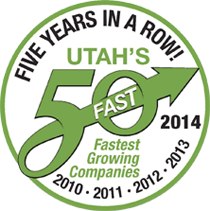Mortgage loans seem to have a language all their own, and terms like private mortgage insurance or PMI can be confusing.
For most types of insurance, you pay a premium, and in exchange, an insurance company protects your interest against unexpected occurrences — like a car accident or wind storm.
With PMI, you pay a premium, but you aren’t the one who benefits from the coverage —your mortgage lender does.

What Is Private Mortgage Insurance?
Most conventional and government-backed home loan programs require you to have PMI if you don’t bring at least 20 percent of the purchase price to the transaction.
This insurance protects the lender from losses in the event you default on your mortgage loan. With this protection in place, lenders are more willing to take the risks associated with mortgage lending.
In most cases, you pay the premium for your PMI coverage as a part of your mortgage payment each month. Some mortgage loan programs require you to pay for your PMI up front at closing or in a combination of up-front and monthly premium payments.
How Much Does PMI Cost?
The amount of your private mortgage insurance premium will depend on the type of loan you have, how much money you put down and how strong you are as a borrower. On average, PMI premiums are between 0.03 and 1.5 percent of your original loan amount.
For example, if you borrow $200,000 and your PMI cost is 1.0 percent, your annual premium will be $2,000. Broken up across 12 payments, your monthly premium would be approximately $167.
Can I Avoid Having to Pay PMI on My Mortgage Loan?
You can avoid paying PMI if you bring in at least 20 percent of your home’s purchase price as a down payment. If that’s not practical, you may have some other options for getting rid of PMI, at least eventually.
After you’ve owned your home for a few years, you will have paid down your mortgage a bit and hopefully gained equity through increased property value. Depending on your loan, you may be able to request an appraisal and review of the PMI requirement. You can also refinance your home once you have 20 percent or more equity to do away with this expense.
If you qualify for a VA mortgage loan, you won’t have to worry about PMI, because the VA guarantees your loan.
Home loan experts recommend doing what you can to avoid PMI whenever possible. It’s an expense that provides you no benefit, and in fact, it’s no longer tax deductible after the recent round of federal tax reform. Using our example above, with a $2,000 annual premium, you could pay $20,000 in PMI premiums if it takes you 10 years to build up 20 percent equity in your home.
However, for many home buyers, having PMI is the key to qualifying for a home loan. Consequently, it’s an expense they gladly shell out month after month.
In Orem, Salt Lake City and throughout northern Utah, Intercap Lending assists home buyers with all types of home loans, including conventional, FHA, second mortgage, HELOCs and more. Contact us today to learn more about what programs you may qualify for that could help you avoid the PMI requirement on your mortgage loan.




